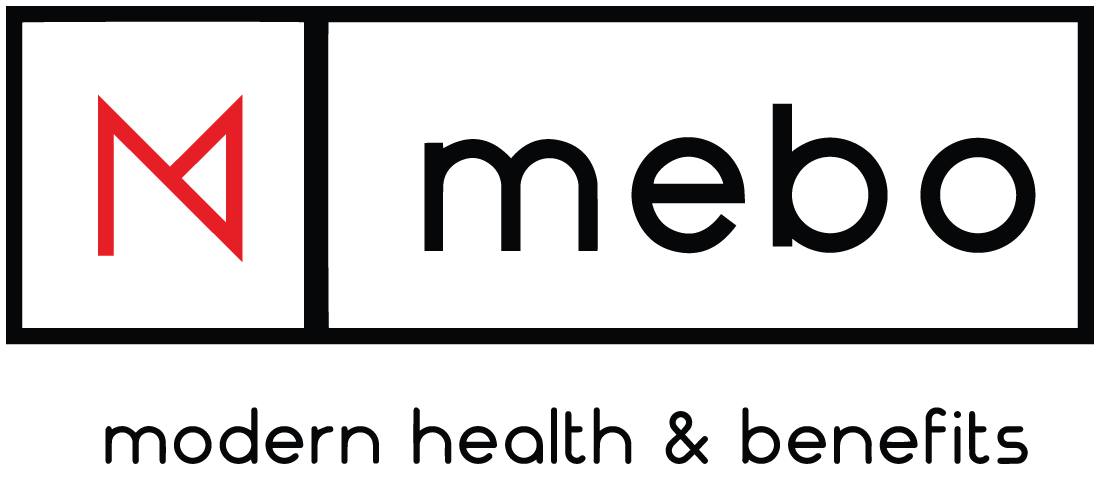Understanding Your Employee Health Benefits is More Important Than Ever Before
Employees that lost their job at the start of the pandemic and those that left to care for children or elderly family members have begun searching for new employment. One of the top factors that employees consider when deciding on a job is the type of benefits offered. While retirement benefits remain high on the list of requirements, health insurance tops the list. The better the health insurance benefits, the more likely the company can entice top talent. This is especially true now, as COVID-19 continues to spread throughout much of the country. In fact, many employees will take less pay when returning to work if the health benefits are good.
While it’s more important than ever for companies to offer health benefits to employees, employers need to take a close look at the benefit plan they offer. During these uncertain economic times, employers need to be extremely careful to control spending. Employers currently offering a fully insured plan might want to consider other options. While fully insured plans provide an excellent choice for many organizations, self-insured health plans offer more flexibility, greater cost savings, and visibility into healthcare spending.
Fully-Insured Health Plans
With a fully-insured health plan, employers pay a premium each month to the insurance carrier. Rates are fixed each month based on the number of employees enrolled. The insurance carrier pays healthcare costs as outlined in the policy purchased by the organization. The employee pays all co-pays and deductibles. This is the most familiar type of employer-sponsored health plan.
Self-Funded Health Plans
Employers run their own self-insured or self-funded plan. They do not purchase their health plan from an insurance carrier. Depending on the needs and budget of the organization, the employer determines the fixed and variable costs for the plan in advance. Fixed costs include all administrative fees. Variable costs include health care claim costs, which can vary from month to month. While self-funded plans offer flexibility and lower costs, they carry risk as well. If an employee or their dependents require extensive treatment or care, the employer pays for these expenses.
Reducing Risk
Employers that wish to reduce risk can take a level-funded approach to self-funding. With a level-funded approach, the employer estimates the total amount of money spent on healthcare claims each month. They then purchase stop-loss insurance. When healthcare claims exceed the estimated amount, the stop-loss insurance covers the difference.
Deciding On A Health Plan
When deciding on the type of health plan to offer, employers need to look at several different factors. The type of industry and size of the organization can impact health plan requirements. It’s recommended that employers speak with an employee benefits expert for advice.
MEBO offers self-funded, level-funded, and fully-insured health plans to organizations of all shapes and sizes. Please contact us for information about our services.











